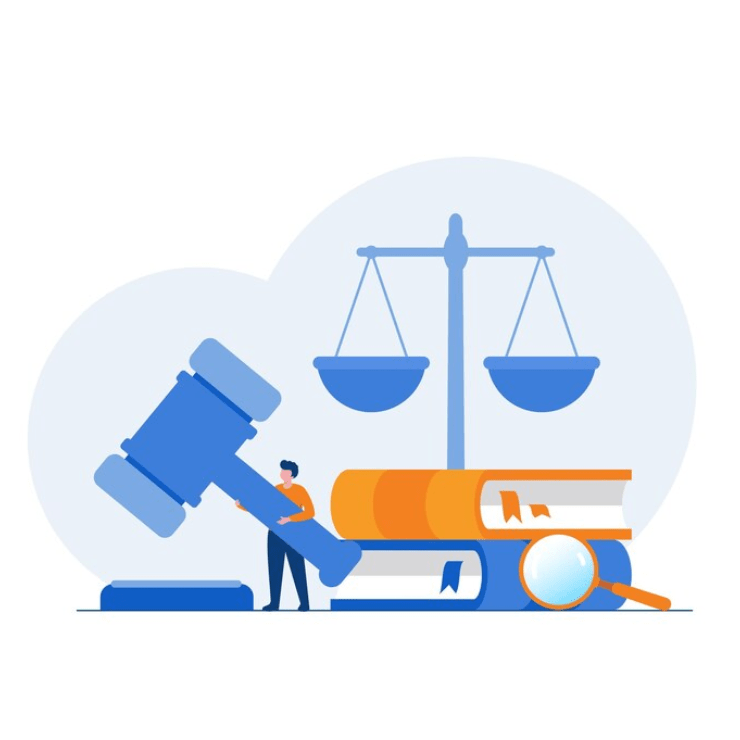
Best service thank you Team
The entire process was seamless and Sunil Chauhan was proactive in getting things done. Really liked the overall service and recommend it to others.
Great services must recommended 👌
Great experience. Mr. Pushpendra Singh helped me a lot for my Work for affidavit.
I reallt worthfull for me for having a good experience with eDrafter …thanks Sunil Chauhan ji for a good job 👍 good work as expected.
“Excellent service! Kaam bahut jaldi aur professional tarike se hua. Fully satisfied with the support. 5 Stars!
Very smooth and easy process, highly recommended
Pushpendra provided the stamp papers in a timely manner
Very active and fast service
Very nice service and staff. I will strogly reccomend to avail.
I had a great experience with eDrafter. I ordered a Karnataka stamp paper and was pleasantly surprised to receive the scanned copy in barely 20 minutes. The platform is easy to use, the communication is clear, and the delivery is extremely quick. I truly appreciate the prompt assistance provided by Shubham Sharma throughout the process. Highly satisfied and definitely recommend their services!
Helped me a lot. Definitely recommended.
Great work Thanks to Mr. Sunil Chauhan 👍
Process was smooth and easy. They reverted back to my request in 1 day. I would definetly recommend to use their services for fast and easy process. Gave 4 star as cost of services can still be at better levels. As volumes in online services will be more, team can work on better pricing. This will inturn increase the volumes.
Sunil ji made the experience seamless. Top Quality service provided by eDrafter.
Best & Fast Service
Thank you so much
I used edrafter for my partnership deed and these guys did a wonderful job and I’m very much satisfied with the service of sirjan Singh. Thank you so much and will give lot more orders to easier my processes.
Awesome delivery
eDrafter provided very good Services they made everything very Easy and Smooth. Sunil Chauhan really, he is doing very well. I took Rent agreement he provided me in 5-6 hrs. very smoothly. I strongly recommended to my friends also
Prompt and perfect experience – Needed a stamp paper, and very professional work done by Sunil Chauhan
Good service
Thank you, Mr. Sunil Chauhan for processing the print-on stamp paper swiftly in less than 5 hours. It was really helpful understanding my urgency.
Good professionalism displayed by the team. Team was supportive throughout and made the process look smooth.
Pushpendra Singh, I am share my appreciation for your service. You were extremely helpful with the affidavit.
Very convenient to use and helpfull. The team supports well and I was having an emergency so wasn’t able to go for a offline process this made it easy for me.
Pushpendra Singh (operations executive – B2C)
I received physical copy which has wrong details instead of latest draft which was written with correct details. So basical final scanned copy and physical copy received are different!
Your service is very useful and Short time.. thanks
It was a great experience and the work was very nice
they print on normal paper for rental agreement ,have to followup lotbof times to change text
I have used eDraft services and i found it most convenient. Staff is very well trained and understand the need of customer which is very good.
Very prompt and efficient service by Mr. Sunil Chauhan from the eDrafter team
Good work
Reliable, fast and quick service to get your notary and legal work done.Only feedback would be to have more explanatory options during checkout section to make more sense of the services available
Fast and quick service. Thank you Mr. Shubham Sharma
Worst experience and fraud agency !!!! Opted for the very basic service for name change and Gazette publication. They were very prompt in communication and follow up until I have made full payment. But after that there is no proper response for email, not attending the calls or returning back the same. They are now asking me to follow up directly with government employees in Delhi for the Gazette publication. I have lost my money, now I am looking for any other reputed team for Gazette publication. Do not fall in their trap, I would never recommend this agency

About Legal Advice (Consultation)
Choose the Package Tailored to Fit your Need

Standard Package
₹499
- Call support for 30 Minutes
- Audio call only
- Language available – Hindi & English

Advanced Package
₹1,199
- Call support for 50 Minutes
- Video/Audio Call (as per customer’s preference)
- Language available – Hindi & English
- Cashback of ₹349/
Book Legal Advice from experienced Advocates
Featured on
Hear from our Happy Customers
The entire process was seamless and Sunil Chauhan was proactive in getting things done. Really liked the overall service and recommend it to others.
Great experience. Mr. Pushpendra Singh helped me a lot for my Work for affidavit.
I reallt worthfull for me for having a good experience with eDrafter ...thanks Sunil Chauhan ji for a good job 👍 good work as expected.
"Excellent service! Kaam bahut jaldi aur professional tarike se hua. Fully satisfied with the support. 5 Stars!
Recent Customer Queries
I met with an online fraud where I received a massage from bank about some OTP and then got a call from my bank where they provide my info, I thought the call was genuine and I give him the OTP and then got a massage where Rs-12,760/-amount was debited from my account so I wanna know where I can file the case and under what law ?
It is a serious matter cyber fraud. Here’s how you can lodge a cyber fraud complaint and the laws to consider for redress:
Steps That You Can Take
- Contact Your Bank Immediately
- Inform your bank regarding the fraudulent transaction. Most banks have a direct helpline for reporting fraud.
- Request them to deactivate your account or card so that no further unauthorized transactions will take place.
- Ask for an unauthorized e-payment dispute form which you will complete in order to file formally on this claim.
- File a Complaint with the Cyber Crime Cell
- Go to the nearest cyber crime cell in your city and lodge a cyber fraud complaint there alternatively you may also do it online through National Cyber Crime Reporting Portal (https://cybercrime.gov.in/) in India.
- Include all relevant details such as SMS, call records, and any other information associated with the fraud.
- Lodge an FIR
- Go to the nearest police station and ensure that you file a First Information Report (FIR). If the Police Station refuses, one may approach the Superintendent of Police or else even go ahead with filing a complaint before the magistrate.
- Make sure that you get a copy of FIR for record purpose. Relevant Laws
Also, you should be aware of a few Acts that will help you in your case.
- The Information Technology Act, 2000
- Section 66– Punishment for identity theft. Whoever commits the offence of identity theft shall be punished with imprisonment of either description which may extend to three years and shall also be liable to fine extendable up to one lakh rupees.
- Section 66D: Punishment for cheating by personation by using computer resources. This section is about online fraud and it contains a penalty of imprisonment of either description not exceeding three years and shall also be liable to a fine not exceeding one lakh rupees.
- Indian Penal code (IPC)
- Section 419: Punishment for cheating by personation. Whoever cheats by impersonation can be punished with imprisonment of upto three years, or with fine, or with both.
- Section 420: Cheating and dishonestly inducing delivery of property. Whoever commits the offence can be punished with imprisonment for a term extending upto seven years and shall also be liable to fine.
I am currently renting an apartment, and my landlord is refusing to make necessary repairs. The plumbing is faulty, and there are leaks in the ceiling that have caused mold to develop. I’veinformed my landlord multiple times over the past three months, but nothing has been done. What are my legal options to compel my landlord to make these repairs, and can I withhold rent until the issues are fixed?
To force your landlord to make repairs:
- Record Problems: Make sure to keep track of all communications and take photos of the problems.
- Formal Note: Use a registered letter listing the necessary improvements, together with previous attempts for that. you can also send a legal notice to landlord regarding the issues.
- Examine State Statutes: Familiarize yourself with the rental acts in your state regarding the repair duties and non-payment of rent.
- Stop Rent Payment: Serve a written notice upon your landlord stating that you will stop paying rent until such repairs are made.
- Fix It Yourself/ Pay Later: In line with local law, pay for it and reduce the amount in rents.
- Inform Authorities: Get in touch with county building or health departments about any code infractions
- Lawyer Consultation: Seek legal advice online or offline from an advocate who deals with issues concerning tenant rights
It is important to understand your specific local laws so you can take appropriate steps based on them. Before, prbefore proceeding, you can schedule a lawyer consultation with our experienced advocate to know the legal options for yourself
I am currently renting an apartment, and my landlord is refusing to make necessary repairs. The plumbing is faulty, and there are leaks in the ceiling that have caused mold to develop. I’veinformed my landlord multiple times over the past three months, but nothing has been done. What are my legal options to compel my landlord to make these repairs, and can I withhold rent until the issues are fixed?
To force your landlord to make repairs:
- Record Problems: Make sure to keep track of all communications and take photos of the problems.
- Formal Note: Use a registered letter listing the necessary improvements, together with previous attempts for that. you can also send a legal notice to landlord regarding the issues.
- Examine State Statutes: Familiarize yourself with the rental acts in your state regarding the repair duties and non-payment of rent.
- Stop Rent Payment: Serve a written notice upon your landlord stating that you will stop paying rent until such repairs are made.
- Fix It Yourself/ Pay Later: In line with local law, pay for it and reduce the amount in rents.
- Inform Authorities: Get in touch with county building or health departments about any code infractions
- Get Legal Guidance: Seek legal advice online or offline from an advocate who deals with issues concerning tenant rights
It is important to understand your specific local laws so you can take appropriate steps based on them. Before, prbefore proceeding, you can schedule a lawyer consultation with our experienced advocate to know the legal options for yourself
I believe I am being discriminated against at my workplace because of my age. Over the past year, I have been passed over for promotions in favor of younger, less experienced employees. Additionally, my manager has made several age-related comments that I find offensive. What steps can I take to address this issue legally? Should I file a complaint with HR, or is it better to seek legal counsel immediately?
To address potential age discrimination at work, follow these steps:
- Document Incidents: Keep a detailed record of all discriminatory actions and comments. Review Policies: Check your company’s discrimination and harassment policies.
- File an HR Complaint: Submit a formal complaint to HR with your documentation.
- Consult Legal Counsel: Seek advice from an employment lawyer to understand your rights and options.
- Contact the EEOC: File a charge with the Equal Employment Opportunity Commission if necessary.
Starting with HR is generally advisable, but consulting a lawyer early can provide clarity and support. Before, prbefore proceeding, you can schedule a lawyer consultation with our experienced advocate to know the legal options for yourself
My child is being harassed by a person in my society. What steps can I take to identify the perpetrators and protect my child from further harm?
To protect your child from harassment and identify the perpetrators, follow these steps you can take under :
- Document Incidents: Keep a detailed record of your child harassment incidents, including dates, times, locations, and descriptions.
- Report to Authorities: Inform local law enforcement or community authorities about the child harassment.
- Seek Legal Advice: Lawyer consultation for legal advice to understand your rights and potential legal actions.
- Communicate with School: If harassment occurs at or near school, inform school officials and request their support.
- Increase Supervision: Monitor your child’s activities and surroundings more closely.
- Install Security Measures: Consider installing security cameras around your home.
- Support Your Child: Provide emotional support and counseling if needed.
Taking these steps can help ensure your child’s safety and gather evidence against the harassers.
If a previous owner of a land had allowed a neighbour or neighbour to walk or drive over his land in a shortcut and this has been going on for say a decade or so can I as the new owner stop them now from using the shortcut? Or can the neighbour or neighbours claim a legal right of way against me?
Whether you, as the new owner, can stop neighbours from using a shortcut over your land hinges on several legal considerations regarding the establishment of easements and the rights of the neighbours based on historical use.
Types of Easements
- Express Easement: Created through a written agreement or deed, explicitly granting the right of way. If such a document exists, the neighbours would have a legally enforceable right to continue using the shortcut.
- Implied Easement: Arises when land is subdivided, and it is necessary for the use and enjoyment of the land. It relies on the historical use being apparent and necessary.
- Prescriptive Easement: Similar to adverse possession, this type of easement is acquired through continuous, open, and notorious use of the land without the owner’s permission for a statutory period, often around 20 years, but this can vary by jurisdiction.
Assessing the Situation
- Nature of Use:
- Permissive Use: If the previous owner granted permission, this generally creates a license, which is revocable at any time. As the new owner, you can revoke this permission, stopping the neighbours from using the shortcut.
- Adverse Use: If the neighbours used the shortcut without explicit permission, openly, continuously, and without interruption for the statutory period, they might claim a prescriptive easement.
- Documentation and Records:
- Title Search: Perform a thorough title search to check for any recorded easements.
- Previous Owner’s Intent: Determine if there was any documented intent to grant a permanent right of way.
Steps to Take
- Consult a Property Lawyer: Laws regarding easements and property rights can be complex and vary by jurisdiction. A property lawyer can provide guidance tailored to your specific situation and location.
- Communication with Neighbours: Before taking any legal steps, have a conversation with your neighbours. Inform them of your intentions and seek an amicable solution, if possible.
Revoking Permission
If the neighbours’ use was purely permissive, provide them with a formal written notice revoking permission to use the shortcut.
Legal Action
If neighbours assert a prescriptive easement, they may take legal action to enforce their claim. The court will evaluate the continuity and nature of the use to determine if an easement by prescription has been established.
Potential Outcomes
- Revoking Permission: If the use was based on permission (license), you can likely stop the neighbours from using the shortcut.
- Court Ruling on Easement: If the neighbours claim a prescriptive easement, the court will consider the duration and nature of their use. If they meet the criteria for a prescriptive easement, the court might grant them a legal right of way.
If five siblings contributed towards the purchase price of a house but only two of their names were put down in the instrument or document of legal title , the question may arise as to who is the real owner and what rights the ones with legal title have as compared to the others who didn't have their names in the instrument of document of legal title? There are many other related questions as well as too numerous to state here.
In a situation of property dispute where five siblings contribute towards the purchase price of a house, but only two of their names are listed on the legal title document, several legal questions and considerations arise regarding ownership rights and interests.
- Legal Ownership
- Named Owners: The two siblings listed on the legal title document are considered the legal owners of the property. They have legal title and are entitled to certain rights and responsibilities associated with property ownership.
- Beneficial Ownership: The siblings who contributed financially but are not named on the title may still have a beneficial interest in the property. This means they have an equitable interest in the property’s value, despite not being listed on the legal title.
- Rights and Responsibilities
- Legal Owners: The siblings listed on the title have legal rights, such as the right to occupy the property, sell it, or mortgage it. They also have legal responsibilities, such as paying property taxes and maintenance costs.
- Beneficial Owners: The siblings who contributed financially but are not on the title may have rights to use the property or receive a share of any proceeds if the property is sold. However, these rights may not be as enforceable as those of the legal owners.
- Resolving Ownership Disputes
- Agreements: It’s advisable for siblings to enter into written agreements outlining their respective interests and rights regarding the property. This can help avoid disputes in the future.
- Legal Action: If disputes arise over ownership or rights to the property, legal action may be necessary. This could involve seeking a court order to determine beneficial interests or to rectify any mistakes in the legal title.
- Tracing Contributions: The siblings who contributed financially but are not on the title may be able to trace their contributions and demonstrate their beneficial interest in the property through documentation, such as bank statements or witness testimony.
If you played your music or drum real loud or if your mother’s contractor was drilling beyond the accepted hours in a renovation scenario enough to affect your nearest neighbour or neighbours, the question of whether your neighbour can sue and claim that your or your mother’s contractor’s activities constituted as nuisance or breach of some law that's in place to regulate such behaviour, can arise.
In scenarios where loud music or construction activities from your property disturb your neighbours, the affected neighbours may indeed have legal recourse, potentially claiming that the activities constitute a nuisance or a breach of regulations. Here’s an overview:
- Nuisance
- Definition: Nuisance refers to any activity or condition that substantially interferes with the use and enjoyment of another person’s property.
- Types: There are two main types of nuisance :
- Private Nuisance: Affects an individual or specific group of individuals.
- Public Nuisance: Affects the general public or a large group of people.
- Legal Considerations
- Impact on Neighbours: The affected neighbours may argue that the loud music or construction noise substantially interferes with their right to quiet enjoyment of their property.
- Local Regulations: Many municipalities have noise ordinances or bylaws that regulate the acceptable levels of noise during certain hours. If the activities violate these regulations, it strengthens the neighbour’s case.
- Duration and Intensity: Factors such as the duration, frequency, and intensity of the noise are considered in determining whether a nuisance exists.
- Reasonableness: Courts consider whether the noise is reasonable given the time, place, and circumstances. For example, daytime construction noise may be more acceptable than late-night music.
- Legal Recourse
- Private Action: Affected neighbours may file a lawsuit against the property owner or the person responsible for the noise, seeking damages or an injunction to stop the activity.
- Local Authorities: Neighbors may also report the noise violation to local authorities, such as the police or municipal noise control office, who may issue warnings or fines.
FAQs
ask us
anything
What is Online Legal Advice?
Online Legal Advice is an exclusive service offered by edrafter for our customer who are seeking Lawyer consultation from experienced advocate at an affordable fee.
Are your Advocates Qualified?
All our Advocates are highly qualified and experienced. We have a strict process for advocate verification in which we manually verify the documents and registration of each advocate.
In which language is your legal advice service available?
Currently, we offer legal Advice Service in Hindi & English language.
What if your Advocate doesn't respond?
We prioritize our user’s time therefore we always ensure to avoid such circumstances. Although, if still it happens, please contact to our Support team and they will schedule another consultation with advocate as soon as possible. However, if user wants, we can refund the full amount without asking a single question.
Through which mode I'll be talking to your Advocate?
In which language is your legal advice service available?
Currently, we offer legal Advice Service in Hindi & English language.


